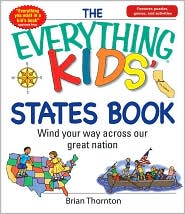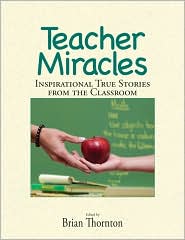by Annette Lyon
Several years ago I sat at a general session of a writers conference during a Q&A. I was surprised at the kinds of questions asked, things that were, I thought, obvious.
Then it dawned on me that four years prior, I hadn’t known the answers to those very same questions. Of course not. I had to learn them just like everyone else. I had really learned a lot over the last few years.
In the same vein, I’ve been surprised recently at some manuscripts that have crossed my path, or rather, I've been surprised at the format of some of them. They’ve had some really basic problems, and I finally clued in why. The writers just hadn't learned yet. It's not like there's a writer fairy that bestows knowledge about things like formatting the moment you declare you're a writer.
So in light of that, I thought I’d do a refresher on some basics about manuscript formatting. It’s something I think we often overlook, focusing instead of the craft of writing. But really, how your work looks will be the first thing the agent or editor ever sees.
If it’s wrong, you’ll look like an amateur, and that’s not a the best way to make a good impression.
While publishers and specific types of manuscripts vary (screenplays, etc. are very different), in your average novel, you’re pretty safe using all of the following:
- One-inch margins. That means all around: top, bottom, left, and right. A bigger margin (say 1.25 inches—1.5 at the most) is fine, but never go smaller than one inch.
- Twelve-point font. Don’t go bigger, and don’t go smaller in an attempt to fit stuff onto the page.
- A standard font, like Courier or Times New Roman. In the past, Courier was the standard, but that was in the days of typewriters, when editors needed a good way to estimate word counts. Courier was good for that, since every letter takes up the exact same amount of space, whether it’s an I or an M. Nowadays, Courier is still fine, but Times New Roman is also popular and accepted—and for some editors and agents, preferred, since it's a bit easier on the eyes. Just don’t use some funky script or cutesy font.
- A header at the top of each and every page. On the left side, it needs to have your title (or an abbreviated version of it) and your last name, such as: SPIRES OF STONE/Lyon. This way, if manuscript pages get separated from the whole, the editor will still know which work—and which author—it belongs to.
- Page numbers, beginning with 1, on every single page, preferably top right.
- Basic contact information on the first page, top left. Including your name, address, phone number, and email address. You can also include a fax number. Single space this part.
- Approximate word count. Either immediately under your contact information or flush right at the top of the first page.
- Indent the first line of every paragraph by tabbing over once. Don’t use the space bar.
- Create a new page for the beginning of each chapter.
- Use italics instead of underlining, which is another fossil from the typewriter age.
- Don’t use all caps or bold. Leave those for blogs, e-mail, and non-fiction.
- Do ellipses properly. Always be sure there are only 3 dots, and each one has a space before and after it, like this . . . (Sometimes Word will try to smash them all together. Undo it.)
- Know how to create an em dash, and use it properly. Don’t use a hyphen (or two hyphens) in its place.
- Use plain white paper.
- Print on only one side.
- Double space throughout (except for your contact information on the first page).
- Don’t include a copyright notice. That makes you look paranoid and unprofessional. Editors and agents know the copyright laws and that the moment you set your work into a tangible form, it’s already under protection by law.
You want the editor to notice your story, not your formatting. If you follow these basic guidelines, the formatting becomes invisible, and you’ll look polished and professional for that very first impression.











